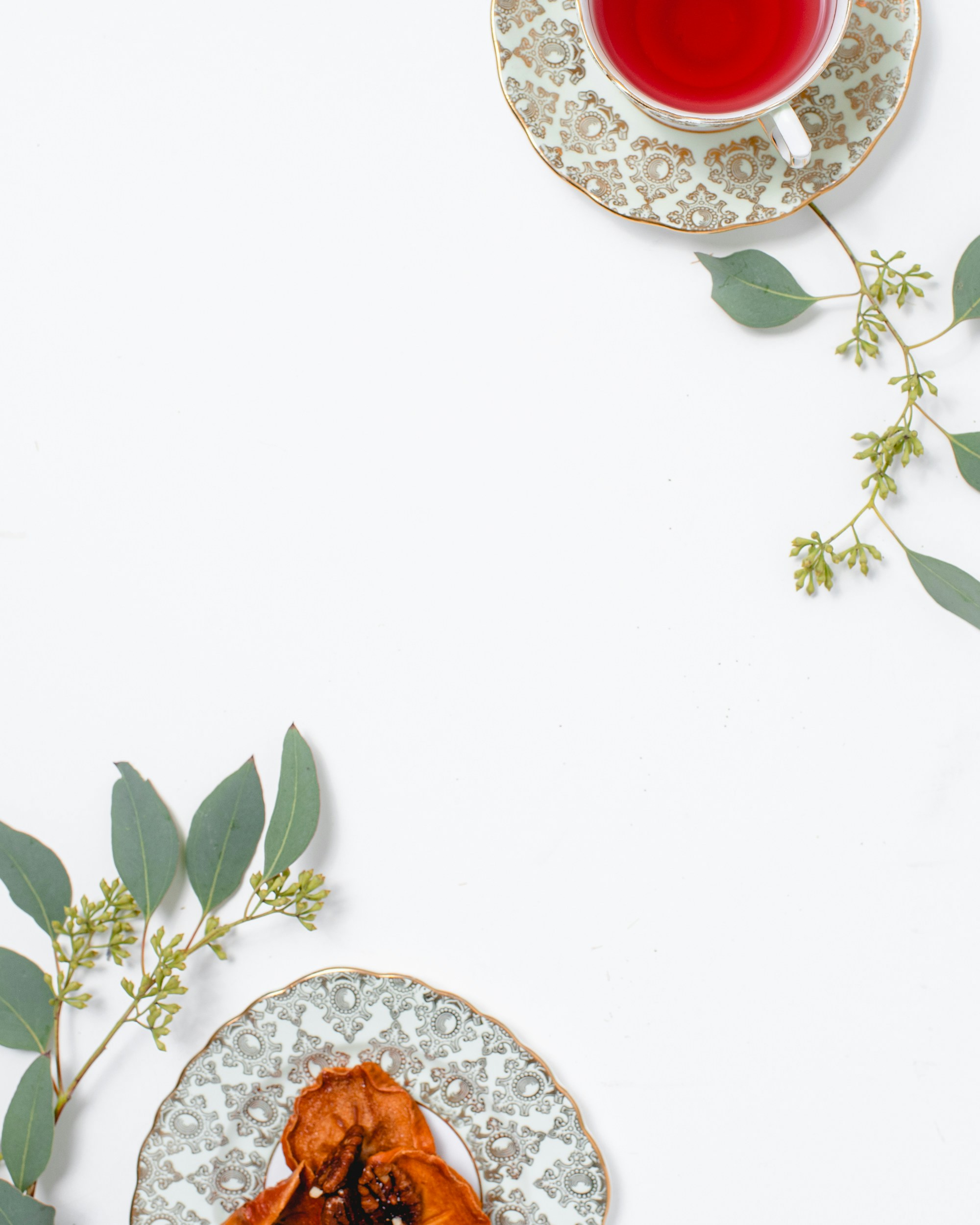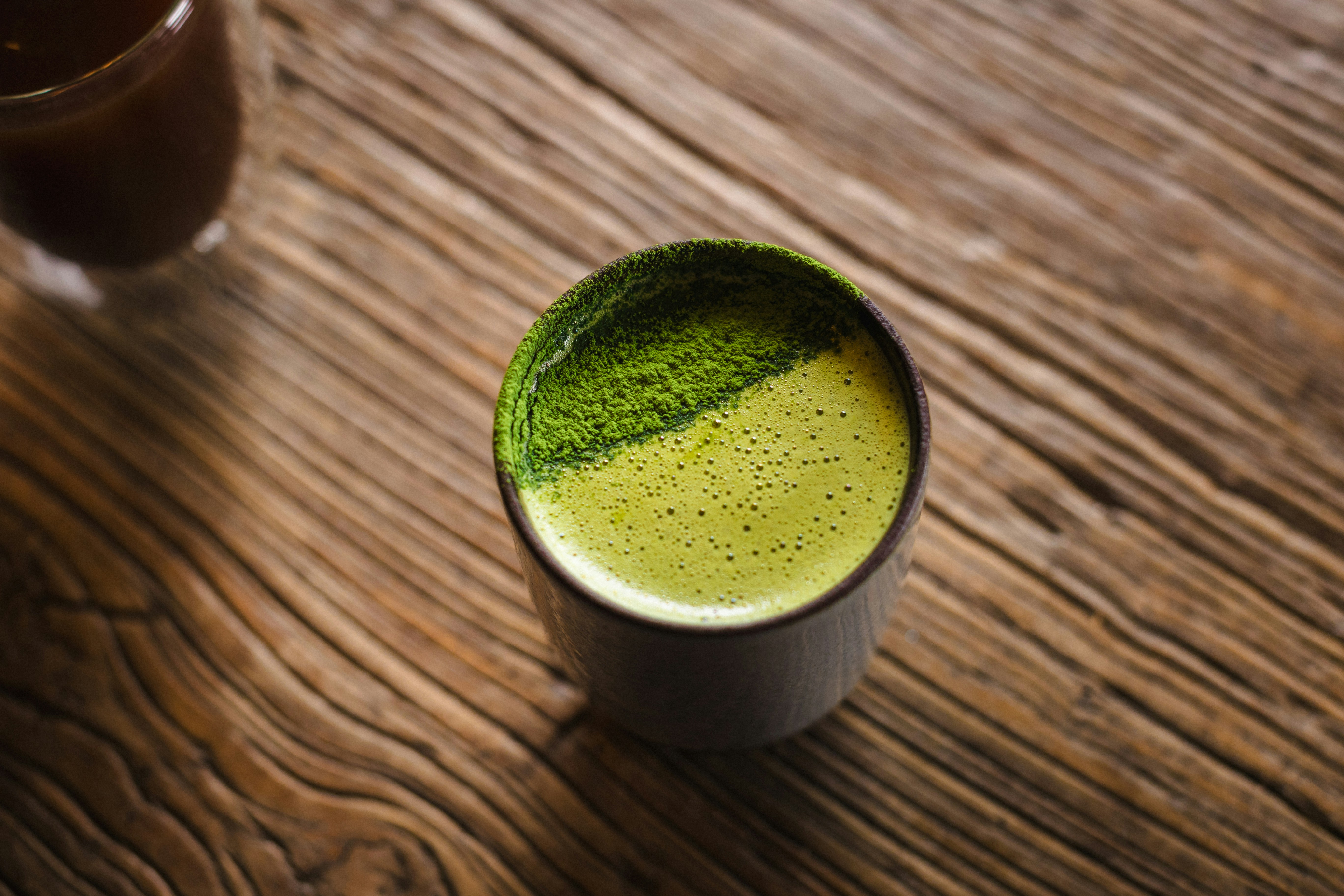Introduction to Ancient Healing Traditions
Across cultures and centuries, ancient healing traditions have provided invaluable insights into maintaining wellness and fostering overall health. These time-honored practices are deeply rooted in an understanding of the human body and its intricate connection to the environment. They often emphasize the critical role of immunity in health, recognizing that the body’s defense mechanisms are vital for achieving balance and harmony.
From Traditional Chinese Medicine to Ayurveda, many ancient systems prioritize the idea that immune health is interconnected with physical, emotional, and spiritual well-being. They suggest that a robust immune system not only protects against disease but also enhances vitality and longevity. These traditions are anchored in a holistic view that sees individuals not merely as physical entities but as complex beings whose health is influenced by lifestyle, mental state, and social context.
Moreover, ancient healing methods often employ natural remedies, rituals, and community practices that aim to strengthen the body’s own defenses against ailments. This holistic approach encourages individuals to reflect not only on their physical health but also on their emotional and spiritual needs. It invites individuals to consider how their daily habits, such as diet, exercise, mindfulness, and stress management, can contribute to bolstering their immunity and overall well-being.
As we delve into the significance of these ancient practices, it is crucial to invite readers to contemplate their own experiences with traditional healing methods. Whether through herbal medicines, energy healing, or meditation, these practices may resonate with individuals on a personal level, offering a sense of connection to a heritage of health that spans millennia. Understanding and integrating these ancient traditions into modern wellness practices can empower individuals to take charge of their health journey, providing a path towards holistic healing that honors both the body and mind.
Understanding Immunity: A Holistic Perspective
The notion of immunity, traditionally understood as the body’s ability to fend off disease, extends far beyond mere physical defenses when viewed through a holistic lens. Ancient cultures, including those from Ayurvedic, Traditional Chinese Medicine (TCM), and indigenous practices, recognized that immunity is not solely a biological construct but is deeply intertwined with the emotional and spiritual aspects of an individual.
In Ayurvedic practices, for instance, the term “Ojas” pertains to the vital energy that supports immunity. This energy is derived not only from diet and physical health but also from mental clarity and emotional balance. Ayurvedic practitioners emphasize the importance of a holistic lifestyle—encompassing balanced nutrition, regular detoxification, and mindfulness practices—as essential for enhancing Ojas and, consequently, overall immunity.
Similarly, Traditional Chinese Medicine views immunity as a harmonious interaction of Qi, Yin, and Yang. A balanced Qi is pivotal for resisting disease, and TCM encourages practices such as Tai Chi and Qi Gong, which promote not only physical well-being but also mental focus and emotional stability. Such activities are believed to cultivate a vibrant life force, directly influencing the body’s defensive mechanisms and restoring balance in both mind and spirit.
Moreover, many indigenous cultures acknowledge the role of community and spiritual health in immune resilience. Rituals, communal gatherings, and practices designed to foster a sense of belonging contribute to emotional well-being, which in turn supports physical health. This interconnectedness illustrates that a robust immune system is nurtured through emotional and spiritual fulfillment, advocating that individuals are encouraged to seek a balanced life as a pathway to true immunity.
Acknowledging these ancient perspectives encourages a reconceptualization of immunity, moving beyond the physical realm into a comprehensive understanding that integrates emotional and spiritual health as vital components. By embracing this holistic view, individuals may optimize their immune systems, leading to improved overall wellness.
Traditional Herbal Remedies and their Roles
Across various cultures, traditional herbal remedies have played a significant role in promoting health and boosting immunity. These time-honored practices are rooted in the understanding that nature offers an array of plants endowed with therapeutic properties. For instance, Echinacea, known for its immune-enhancing effects, has been used by Native American tribes for centuries. This herb is believed to stimulate the immune system, helping the body ward off infections and colds. Similarly, elderberry has gained recognition for its antiviral properties, often employed in folk medicine to reduce the duration and severity of flu symptoms.
In Ayurvedic practices, ashwagandha, an ancient adaptogen, is widely revered for its ability to improve the body’s resilience against stress and bolster the immune system. This herb can enhance overall wellness by promoting balance in bodily functions, demonstrating the holistic approach fundamental to traditional healing. Meanwhile, in Traditional Chinese Medicine, astragalus root is commonly used to strengthen immunity and vitality, particularly during the changing seasons when susceptibility to illness often rises.
Personal anecdotes from individuals utilizing these herbal remedies often highlight their perceived effectiveness. For example, a wellness practitioner might recount how incorporating elderberry syrup into their routine helped their family recover more swiftly from seasonal illnesses. Such testimonies serve to illustrate the ongoing relevance of these ancient traditions in contemporary health practices. However, it is essential to approach herbal remedies with caution. Consulting a medical professional before incorporating new plants into one’s health regimen ensures safety and proper guidance tailored to one’s health needs. Awareness of potential interactions with other medications or underlying conditions is critical for effective and safe usage. Traditional herbal remedies can offer valuable support to the immune system when integrated thoughtfully into a wellness strategy.
Cultural Rituals that Promote Immunity
Across various cultures, numerous rituals and practices have emerged, founded on the belief that strong immunity is essential for overall well-being. These traditions not only focus on physical health but also emphasize emotional and spiritual strength, creating a holistic approach to wellness. One prominent practice can be found in Ayurveda, the ancient system of medicine from India, which prioritizes individual constitution and the balance of bodily energies known as doshas. Ayurvedic rituals often include detoxification processes, dietary guidelines, and specific herbal remedies aimed at boosting immunity. For instance, the use of herbs like turmeric and ashwagandha is common, both revered for their anti-inflammatory and immune-enhancing properties.
In addition to herbal knowledge, Ayurveda embraces lifestyle practices, such as yoga and meditation, which significantly contribute to reducing stress—an important factor in maintaining a healthy immune system. The incorporation of daily routines, or dinacharya, reflects the belief that mindful living fosters a harmonious relationship between the body, mind, and environment, promoting resilience against diseases.
Similarly, many Native American tribes have preserved traditions that involve community-oriented practices to strengthen immunity. Rituals such as sweat lodges, which involve intense heat and steam, are utilized not only to purify the body but also to foster communal bonds. Participating in such ceremonies enhances emotional resilience and encourages a sense of belonging, crucial aspects that can enhance immune function. Moreover, traditional diets rich in whole foods, native plants, and a strong sense of gratitude toward nature further reinforce the connection between cultural practices and health.
Through these varied cultural rituals, the significance of immunity is highlighted, showcasing that health is a multifaceted construct intertwined with emotional and spiritual well-being. By embracing these ancient practices, individuals may find a renewed sense of vitality and community, essential in today’s fast-paced world.
Spiritual Practices and Their Healing Power
Spirituality encompasses a wide range of practices that have been employed for centuries to foster both mental and physical health. Many individuals are now turning to traditional spiritual practices such as meditation, yoga, and breathwork, which have been linked to enhanced immune function. These practices not only promote relaxation and stress reduction but also serve as vital tools for supporting overall health. Evidence suggests that engaging regularly in these activities can lead to improved immune response, making them essential components of a holistic wellness strategy.
Meditation, for instance, has been shown to reduce stress hormones and inflammation, key factors that can weaken the immune system. Through regular meditation, practitioners often report heightened emotional well-being and increased resilience to illness. One personal account illustrates this well; an individual who struggled with anxiety found that a daily meditation practice significantly curbed their symptoms, leading to better sleep quality and fewer illnesses over time. This alignment between mental clarity and physical health demonstrates the interconnected nature of spirituality and immune resilience.
Similarly, the practice of yoga extends beyond physical postures; it incorporates mindfulness, deep breathing, and meditation, all of which can enhance physiological responses to stress. Practitioners frequently cite enhanced energy levels and a more robust immune system as benefits, highlighting how yoga can illuminate the path to improved health. A compelling testimony comes from someone who, after incorporating yoga into their routine, experienced a notable reduction in colds and flu, attributing this shift to the harmonizing of body, mind, and spirit achieved through yoga.
Lastly, breathwork is an ancient practice that focuses on controlling breath to improve emotional and physical health. Many individuals assert that breathwork has helped them manage stress levels and enhance their overall well-being. A personal narrative reveals a practitioner who, after committing to breathwork exercises, found a marked increase in their immune function, allowing them to fend off common illnesses more effectively. This underscores the potential of tailored spiritual practices to not only boost spirituality but also fortify the immune system. Each individual may experience unique benefits, emphasizing the importance of a personalized approach to these age-old techniques.
The Importance of Community in Healing
In examining the intersection of ancient healing traditions and modern wellness, one consistently highlighted element is the vital role of community support. Historically, many cultures have celebrated communal practices during healing rituals, emphasizing that the strength derived from collective engagement can significantly influence recovery and wellbeing. This communal approach not only enhances emotional support but also has tangible effects on physical health, particularly in reinforcing immunity.
Research has shown that connection among individuals can lead to improved health outcomes. When people participate in healing practices together, whether through shared rituals, meditation, or collective prayer, they often experience heightened emotional states that contribute positively to their immune systems. The sense of belonging inherent in these group activities cultivates a supportive environment, discouraging feelings of isolation that often accompany illness. For instance, ancient traditions in many indigenous cultures incorporate community gatherings to share stories, food, and healing techniques, which create a network of emotional support, fostering resilience and recovery.
Anecdotal evidence also speaks to the transformative power of community in healing. Individuals who engage in group therapies or communal support systems often report increased motivation and enhanced wellbeing. The act of participating in rituals, such as those seen in traditional healing ceremonies, reinforces bonds among community members, allowing individuals to draw strength from one another, effectively boosting their immune systems. During challenging times, these shared experiences act as a reminder of the power of unity and collective strength, proving that healing is not solely an individual journey but a shared communal enterprise.
As we continue to explore the importance of community in healing, it becomes evident that remembering and incorporating these ancient traditions in our modern lifestyles can have profound effects on our immunity and overall wellness.
Integrating Ancient Wisdom into Modern Life
In today’s fast-paced world, integrating ancient wisdom into modern life can significantly enhance personal wellness and immunity. Many traditional practices, rooted in centuries of knowledge, offer valuable insights on maintaining a balanced and healthy lifestyle. To effectively incorporate these ancient traditions, one can explore various avenues, such as herbal remedies, community rituals, and mindfulness practices.
Herbal remedies have been employed for generations to support physical and mental health. Natural herbs like echinacea, ginger, and turmeric possess immune-boosting properties and can be easily incorporated into daily routines. To adopt these traditional remedies, consider creating a daily herbal tea ritual, using fresh or dried ingredients. You may also explore local markets or online suppliers to find herbal supplements that align with your health needs and preferences. It is prudent to consult with health professionals to ensure compatibility with any existing treatments.
Participating in community rituals can foster a sense of connection and belonging, which is essential for emotional wellness and immune support. Local cultural gatherings, ceremonies, or workshops often incorporate ancient practices that promote unity and spiritual well-being. Engaging in these events allows individuals to experience collective healing and enrich their lives with shared wisdom passed down through generations.
Additionally, integrating mindfulness practices is crucial for harmonizing the mind and body. Ancient traditions such as yoga, meditation, and tai chi encourage individuals to focus on the present moment, cultivating self-awareness and promoting relaxation. Engaging in mindfulness exercises can help reduce stress levels, allowing for a healthier immune system. Start with short sessions and gradually increase the duration to align with personal comfort levels.
In summary, embracing ancient wisdom within contemporary life entails a harmonious blend of traditional methods and modern understanding. By incorporating herbal remedies, participating in community activities, and practicing mindfulness, individuals can significantly enhance their overall wellness and immunity, fostering a healthier future.
Scientific Validation of Traditional Practices
In recent years, an increasing number of scientific studies have sought to validate traditional healing practices, particularly those aimed at enhancing immunity. This intersection of ancient wisdom and modern science offers a promising avenue for holistic health approaches. One notable example is the utilization of herbal remedies, such as echinacea and elderberry, which have long been employed in various cultures to bolster the immune system. Research has shown that these herbs can stimulate immune response and possess antiviral properties, thus affirming their historical significance within traditional practices.
Another aspect under investigation is the role of practices such as yoga and meditation in promoting immune function. Studies suggest that regular engagement in these activities can lead to reduced stress levels, which have a known impact on overall immunity. The reduction in stress through mindful practices may contribute to lower cortisol levels, thereby enhancing the body’s defense mechanisms against pathogens. Such findings align with traditional beliefs regarding the importance of mental well-being in physical health.
Furthermore, dietary traditions that emphasize whole, unprocessed foods have also gained scientific support. Nutrient-rich diets, traditionally consumed in many cultures, are shown to provide essential vitamins and minerals that are crucial for the optimal functioning of the immune system. For instance, the Mediterranean diet, with its emphasis on fruits, vegetables, nuts, and olive oil, has been linked to improved immune responses and reduced inflammation.
While it is vital to recognize the potential benefits of these ancient practices, it is equally important to approach them with a balanced perspective. Scientific validation does not diminish the value of traditional wisdom; instead, it provides a framework for understanding how these time-honored methods can contribute to modern health paradigms focused on immunity and overall wellness.
Conclusion: Embracing the Holistic Approach to Wellness
In exploring the relationship between ancient healing traditions and modern wellness, it becomes evident that immunity plays a crucial role in overall health. The integration of traditional practices with contemporary understanding allows individuals to develop a more comprehensive approach to their well-being. By acknowledging the significance of immunity, we invite a broader perspective that encompasses physical, mental, and emotional health.
Traditional healing methods, such as herbal medicine, acupuncture, and mindfulness practices, highlight the interconnectedness of body and mind. These approaches emphasize the importance of strengthening the immune system not only through physical means but also through holistic practices that nurture the spirit. As we reflect on our journeys with these ancient traditions, it is essential to recognize the wisdom they offer in maintaining balance and harmony within ourselves.
Moreover, embracing a holistic approach encourages individuals to actively engage in practices that resonate with their unique experiences and lifestyles. This may include seeking out community support, exploring nutritional adjustments that boost immune function, or adopting mindfulness techniques for stress reduction. By fostering an environment that nurtures the immune system, individuals can enhance their resilience against illnesses and promote long-term wellness.
Ultimately, the path to health is highly personal and should incorporate a variety of methods that align with one’s values and beliefs. As we navigate the complexities of modern life, let us remain open to blending ancient wisdom with contemporary practices to create a more sustainable and fulfilling approach to wellness. In doing so, we not only honor our bodies and immune systems but also cultivate a deeper connection to our overall health and well-being.







Leave a Reply